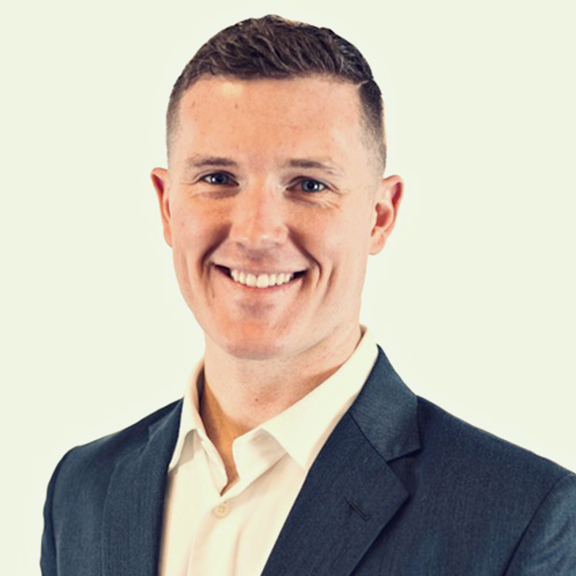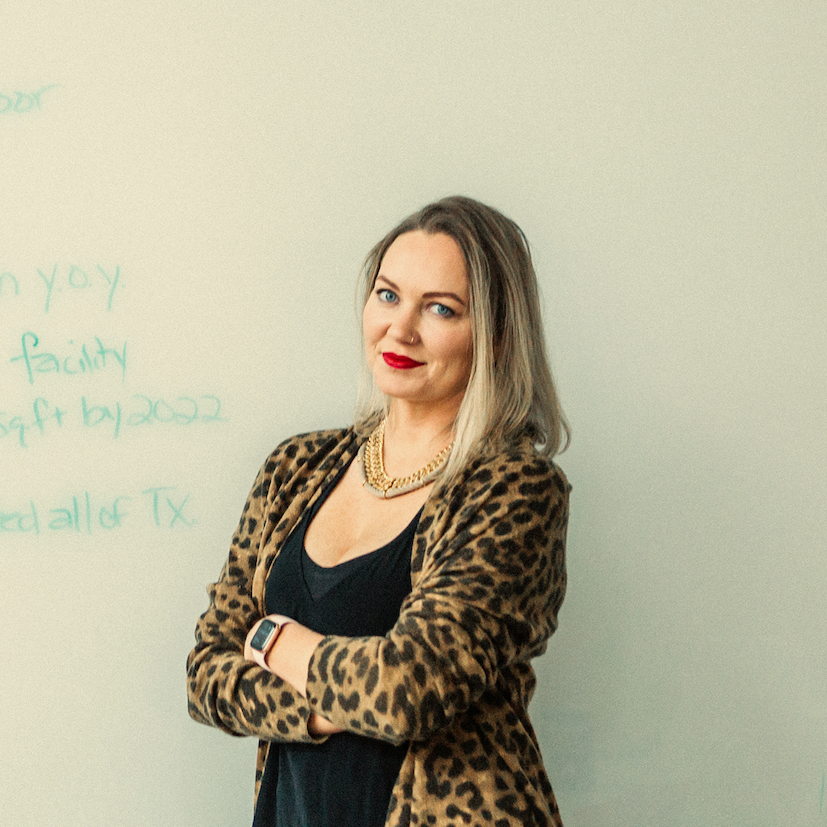Shawn Henry, surface warfare officer for the U.S. Navy, received a 2021 Military-Veteran Distinguished Service Award from the Harvard Extension Alumni Association. Here’s what he had to say about his time at Harvard Extension and his plans for the future.
What brought you to Harvard Extension?
For me, the road to Johnston Gate was paved with serendipity and a dash of curiosity. In high school, I was enthralled with Herman Melville’s Moby Dick, namely the protagonist Ishmael, who pledged to sail the sea in search of adventure. Inspired by this, a younger me committed his life to seafaring. I graduated from Massachusetts Maritime Academy, ready to sail ships to and fro for the duration of my life.
Just prior to graduation, with equal parts adventurism, patriotism, and pragmatism, I applied for a Naval commission. From my warship, I saw every corner of the world. I saw every boundary you can imagine: political, racial, economic, ethical, and so forth. Those boundaries, of course, I only saw ashore. At sea, those barriers dissipated; all seafarers understand a certain kinship. The more I experienced this dichotomy, the more frustrated I became with the way things were done ‘ashore’.
My experiences from spending years at sea started my passion for international relations, globalism, human rights, and policy. In 2015, I applied for a Navy scholarship program that would allow me a year sabbatical to study my new interests more deeply. When the Navy denied my application, I was devastated. A confidant of mine simply said, “So what? Time to restrategize.”
My new strategy was to continue to pursue my intellectual goals, but on my own time. That’s exactly how I ended up at Harvard Extension School several nights a week for two years.
How did your time in the military influence your education/career goals?
I intentionally tied my studies to my duties in the Navy. In essence, I was living the topics I studied. The real advantage of continuing education is the rigor of academia closely intertwined with experience. I studied the inner workings of Middle Eastern geopolitics then worked with Saudi naval officers the next day. My education and career became one in the same and I quickly learned that success in one necessitated success in the other.
Tell me about the work you’ve done since graduating from Harvard Extension.
A week after graduation I was posted on an Arleigh Burke Class Guided Missile Destroyer deployed to the European theater. I spent two years working alongside European navies patrolling waters from Russia’s Arctic Coast to the Suez Canal. Despite an increase in responsibility from the last time I went to sea, there was relative parity in my experiences. However, I was more intellectually equipped to understand and act within the framework of the great power competition that was swirling around us.
Did your experience at Harvard Extension change your career trajectory? How?
Career trajectory in the Navy is difficult, if not impossible, to detect in the short term as careers tend to be quite formulaic. Time will tell if it had any significant impact on my career. What I know now is the near instantaneous change in trajectory it had on who I will be, rather than what position or salary I might attain. Because of my experience, I can approach challenges with open-minded optimism, excited by the challenge of discovery and growth.
What’s next for you?
After a long two-year deployment, seemingly made longer by COVID, I’m happy to be stateside in Virginia and have moved in with my girlfriend who stayed in Boston to continue her work with victims of sexual assault. We expect to be here for a year or more and are looking forward to whatever is next. Regardless, I find comfort in knowing that, wherever we end up, I have a network of fellow alumni who will undoubtedly share my interests, excitement, and passion.

